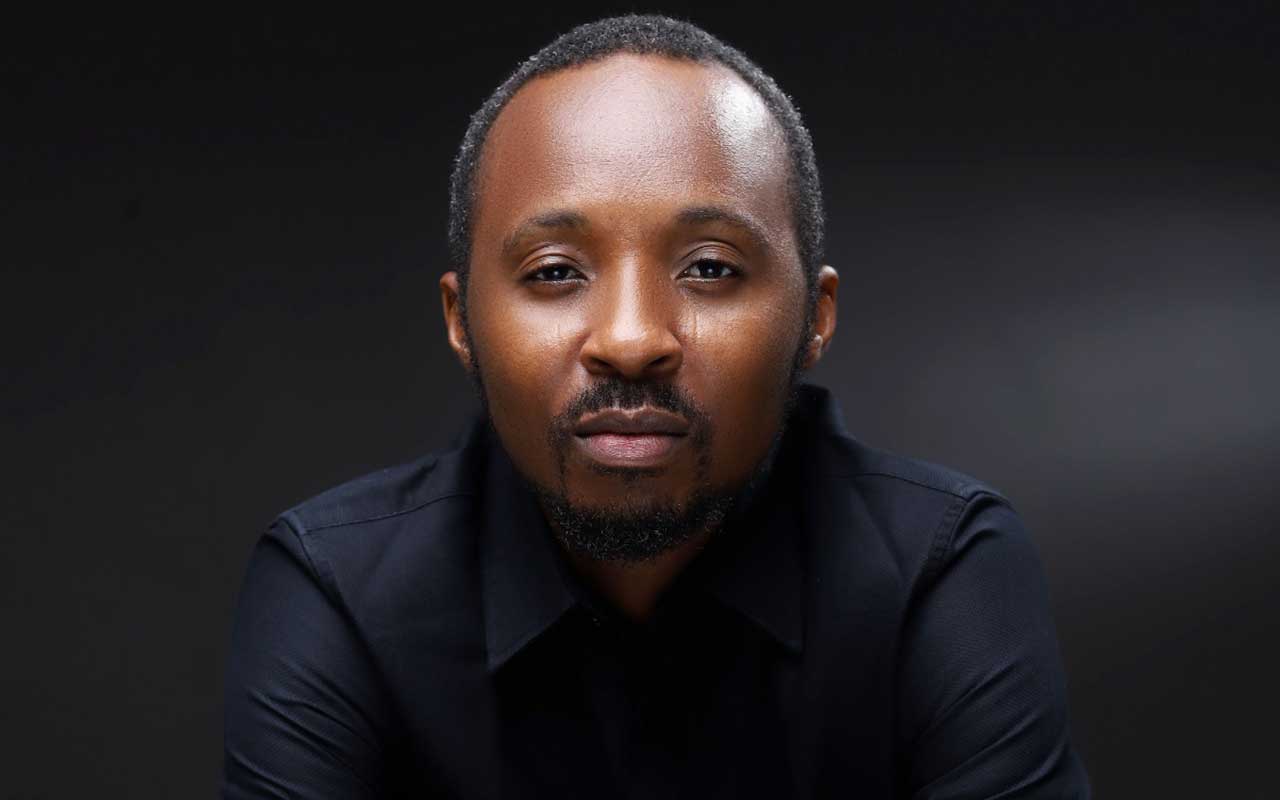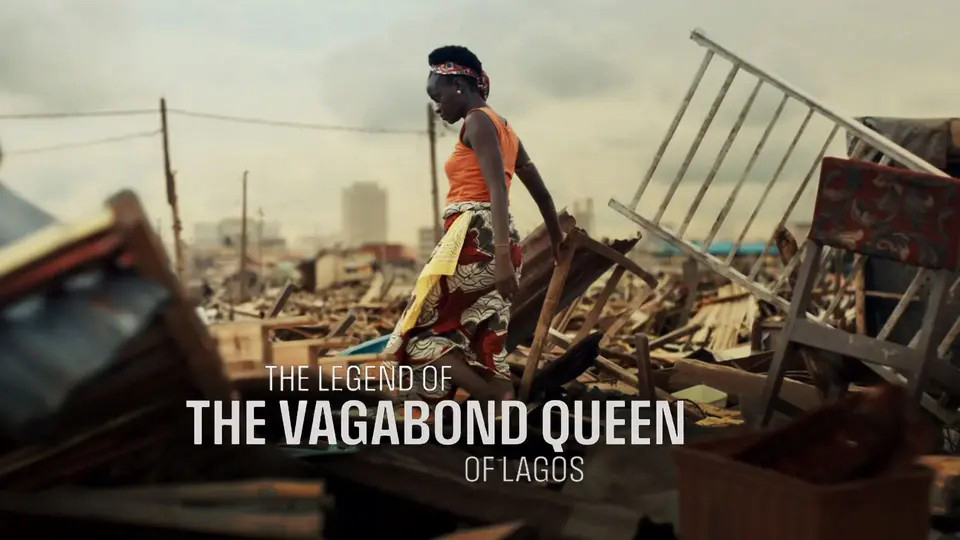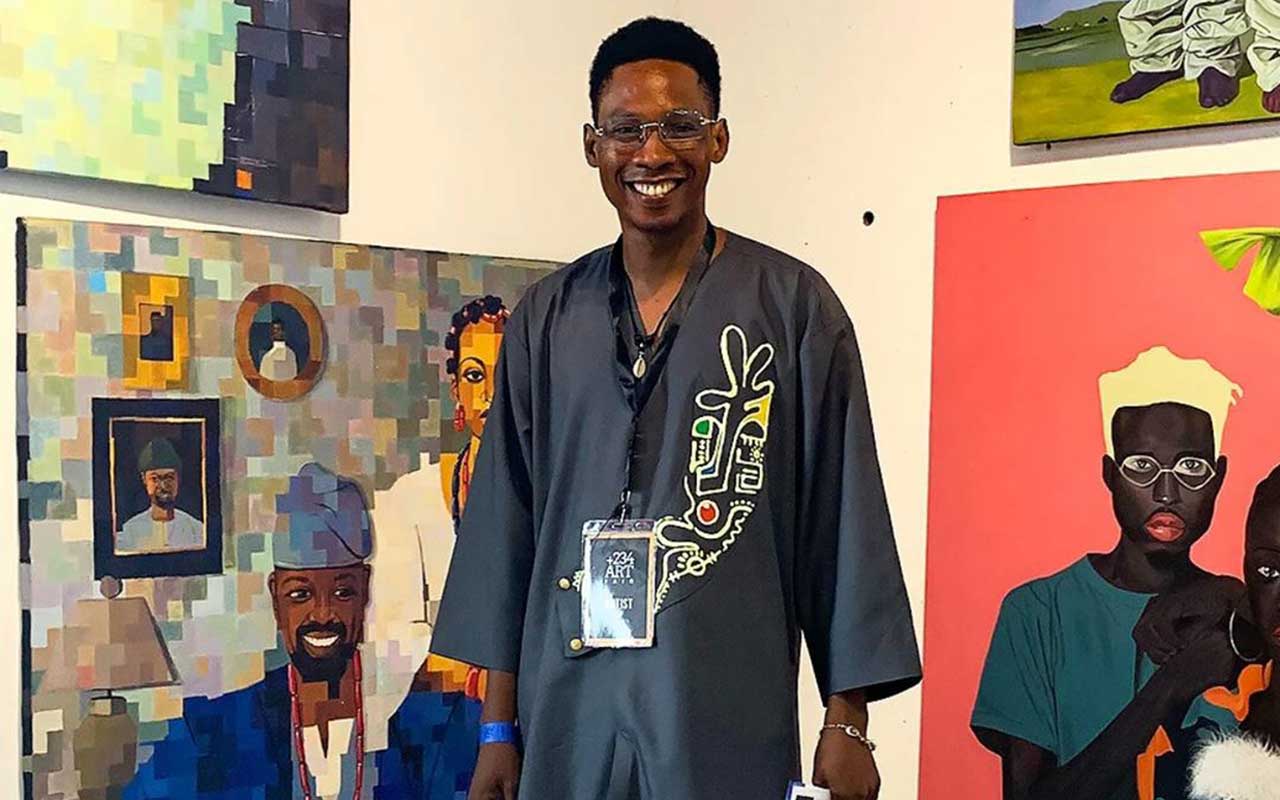
Although the first Nigerian films were made in the 1960s, it wasn’t until the 1990s and 2000s that the industry blossomed, as filmmakers took advantage of digital technology and Internet distribution.
With over 2,000 Nollywood movies produced yearly, making it the largest in Africa and international distribution, only very few of them make it to the big streaming platforms. This leaves a large number of other — often smaller — filmmakers without many viable options for distributing their films.
Institutions like National Film Institute, Royal Arts Academy, EbonyLife Creative Academy, Del-York film Academy, PEFTI Film Institute, and the MasterCard Foundation’s training initiatives have played pivotal roles in equipping aspiring filmmakers with the necessary skills to thrive.
These programmes focus on various aspects of filmmaking, from scriptwriting, production, post-production to the business of filmmaking ensuring a steady pipeline of talent to support Nollywood’s ever-expanding ecosystem.
As Africa’s largest film industry, Nollywood has also captured the hearts of millions, breaking barriers and challenging stereotypes about African storytelling. Reaching milestones at Nigerian cinema box office, various film festivals and with international streaming platforms like Netflix, Amazon Prime, and Showmax investing heavily in Nigerian content, the demand for high-quality films has surged.
However, as the country seeks to become the go-to destinations for film production and marketing, a filmmaker and creative entrepreneur, Olasunkanmi Adebayo, has said there is a need for more capacity development programmes to support and empower young dynamic film and TV producers and also to equip them with the right skills and knowledge that will help them navigate the intricate landscape of the industry.
Adebayo, who leads the British Council’s Film Lab Africa programme, has a track record of contributing to the film training ecosystem and has been at the forefront of other initiatives designed to nurture emerging talents in the industry. The industry is estimated to be worth $5.1 billion, making it a significant contributor to the country’s economy.
Through his expertise, passion, and dedication, Adebayo is not only creating world-class entertainment but also building an enduring legacy for Nigerian film and television that will inspire generations to come.
From his days as teacher and facilitator at the prestigious Royal Arts Academy to being a film mentor alongside other filmmakers such as Ego Boyo, Taiwo Egunjobi, Bimbo Manuel and Femi Odugbemi at YP Lagos supported by Sony Pictures Entertainment, Adebayo has been able to solidify his reputation as a leader in talent development.
His illustrious career spans various projects that showcase his creativity and dedication to storytelling. His film and TV credits as producer and director include Lost in London, Ndani Tv’s Schooled, Mnet’s My sibling’s and I, MTN Project Fame West Africa, Mastercard’s The Kitchen Nigeria.
Over the years, he has collaborated with some of the industry’s biggest names, such as Mo Abudu, Funke Akindele, Emem Isong, Lanre Adisa, Uduak Isong and Bimbo Ademoye.
Adebayo serves as mentor and facilitator at the Afrowren Productions quarterly workshop, which offers invaluable insights and practical knowledge with budding filmmakers’ actors and writers on practice, technique and how to build a sustainable brand as a talent.
Under Adebayo’s leadership, participants benefited from world-class training facilitated by top industry professionals from Nigeria and the UK.
A significant milestone in Adebayo’s career is serving as the principal partner for the British Council’s Film Lab Africa project, an ambitious programme designed to nurture, produce, and showcase new filmmaking talent.
“Film Lab Africa’s structure focuses on three key pillars: learning, production, and showcase. The programme includes in-class training, production of short and micro films, industry engagement events such as creative talks, film clubs, podcasts, and a final showcase of 20 funded films for industry stakeholders and film enthusiasts at various film festivals in Nigeria and diaspora,” he says.
According to him, “our goal is to ensure the 60 selected participants are fully equipped with the skills and training to compete effectively with filmmakers internationally, showcasing the best of African storytelling.”
Adebayo successfully managed a robust team comprising project managers, creative staff, marketing experts, production personnel, and participants. His ability to foster collaboration and maintain a clear vision ensured the seamless execution of the programme.
He effectively engaged industry stakeholders, creating opportunities for participants to network and showcase their projects. Programmes like the Creative Hustle sessions and showcase events have attracted facilitators such as Alby James, Yinka Ogun, Tunde Babalola, Shantelle Rochester, Tolu Ajayi, Chioma Onyewe and Moses Babatope, further enriching the experience for participants.
Expressing pride in the success of Film lab Africa, Adebayo stresses, “the importance of the project as one that empowers young Nigerian filmmakers to tell authentic stories that resonate both locally and globally.”
He says: “We are seeing an initiative that not only pushes the careers of emerging filmmakers but one elevates Nollywood’s infrastructure and economic growth.”
His hands-on approach and strategic engagement with stakeholders ensured that the programme delivered excellently both in Nigeria and the UK.
Adebayo’s journey is far from over, and the industry eagerly anticipates the next chapter in his remarkable story.






